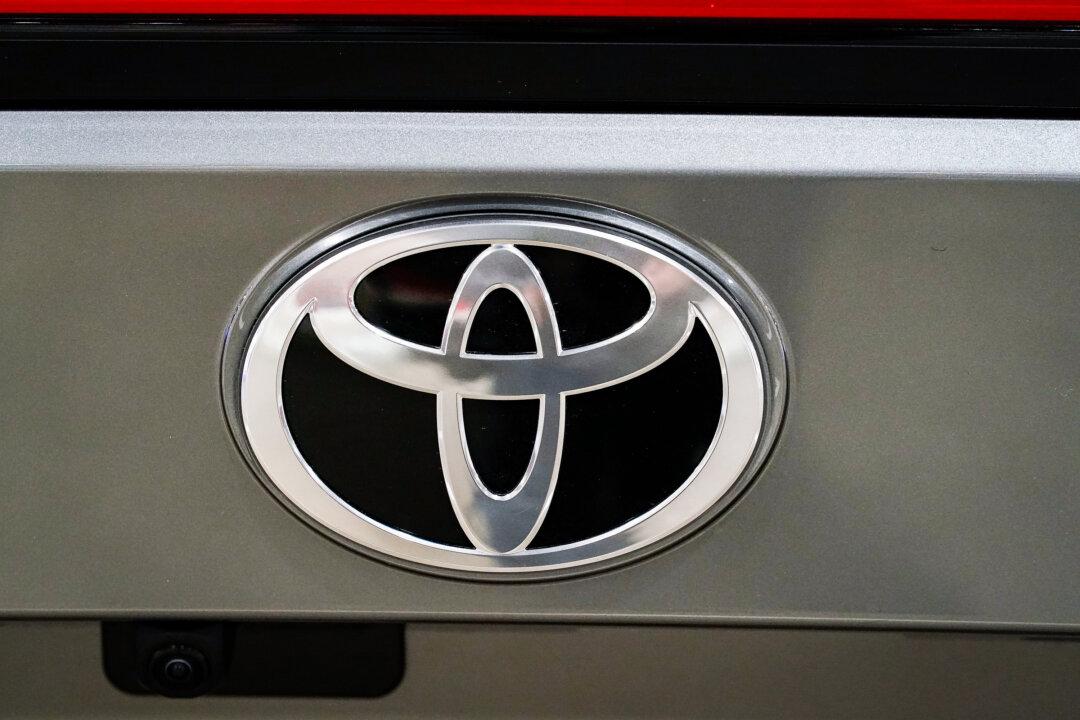An Australian man alleges that Toyota refused to refund his deposit on a car—upon discovering it would feature tracking and data-sharing capabilities—services he claims were not disclosed to him during the purchase.
The Queensland father had placed a $2,000 deposit on a Toyota Hilux priced at $68,000 (US$44,000) last July.





